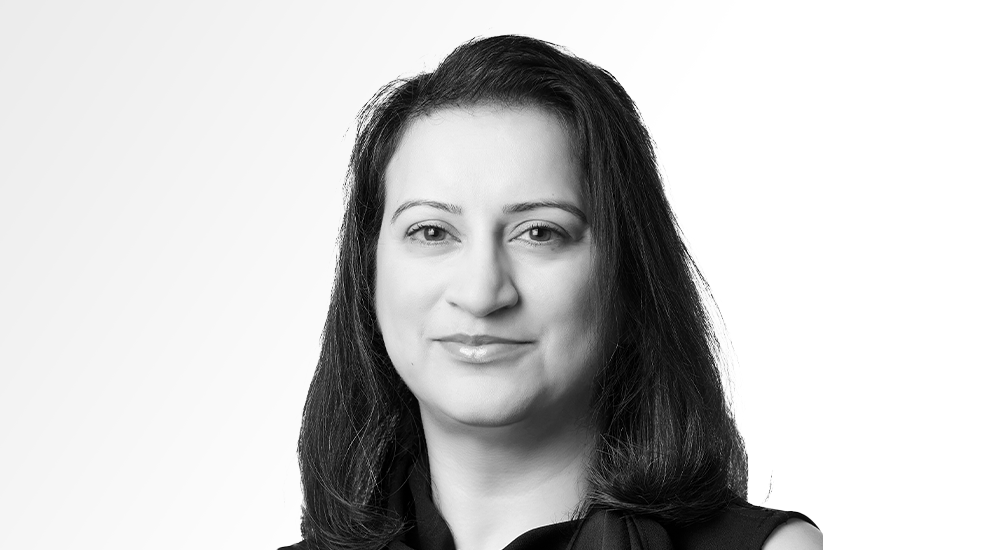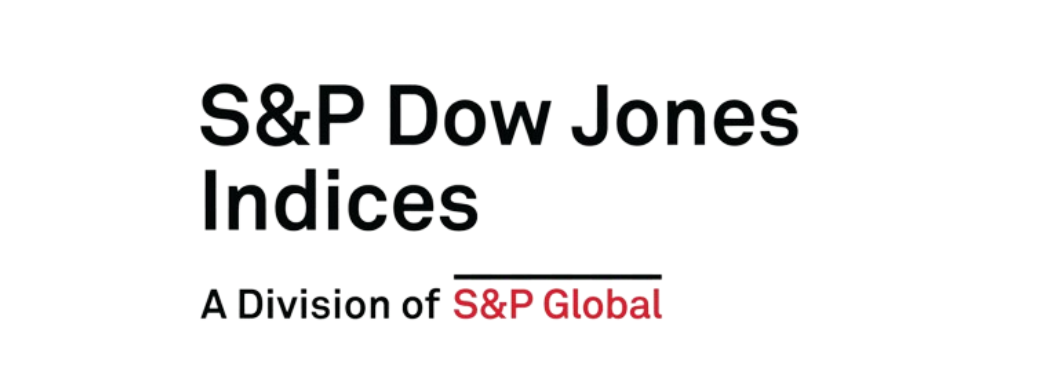S&P Dow Jones Indices (SPDJI) has said developing its flagship ESG fixed income indices range will be a key priority over the next six to 12 months, building on its acquisition of IHS Markit completed in February.
Speaking to ETF Stream, Jaspreet Duhra (pictured), managing director and global head of ESG indices at SPDJI, said the business is reacting to the growing demand for fixed income products with a sustainable lens, a space that has been dominated by equities.
“Equities moved first in the ESG index space and have grown to a point where there are lots of different options and solutions,” she said.
“However, there is a demand for solutions across asset classes, not just equity. In terms of creating flagship indices, fixed income indices development is an area we will be focusing on over the coming quarters.”
Recently published research by the Index Industry Association found the number of fixed income ESG indices surpassed equity ESG indices for the first time, following a record-breaking year of growth over the past 12 months.
According to its annual global benchmark survey, fixed income ESG indices almost doubled over the past year – increasing by 95.8% – smashing the previous record of 61.1% in 2021.
In September, SPDJI launched the iBoxx EUR Corporates Net Zero2050 Paris-Aligned ESG index, which aims to meet the European Union’s Paris-aligned Benchmark (PAB) while also incorporating factors to address transition risk and climate change opportunities.
The index utilises multiple ESG data sources including S&P Global’s ESG data provider Trucost.
Data led innovation
While data is a challenge, Duhra added it is an area that is improving rapidly. In fact, she backs the improving availability of data as a key driver of innovation going forward.
“SPDJI is looking at what data is available in the market to understand companies when it comes to sustainability, through a new lens the market is demanding,” she said.
“The European Union’s taxonomy will potentially become a standard across Europe and once you start seeing the disclosures, it will be an area we will do more work in.
“Innovation will come from new and appropriate lenses to analyse companies and how ready they are for new sustainability challenges, measuring their impact on the outside world.”
Despite this, Duhra said she believes the regulation around corporate sustainability is still lagging when it comes to providing disclosures and notes this is a particular concern in current trending areas such as biodiversity.
“We do see demand for the issues such as biodiversity. It is a challenge that has been around for many yearswhere disclosure from companies is lagging,” Duhra said.
“Once the disclosures and methodologies are there to robustly capture the biodiversity impact, we can look to create indices around there.” Our data division Sustainable1 is doing some exciting work in this area,
SPDJI currently offers a four-pronged solution to ESG and Duhra highlighted “there is no one size fits all” approach. These comprise of fossil fuel free (divestment), low carbon net-zero aligned and climate solution indices.
Investors have their personal and institutional preferences when it comes to passive investing. Our aim is to support them with a broad range of innovative index-based solutions as they seek to align their sustainability goals with their investments.



